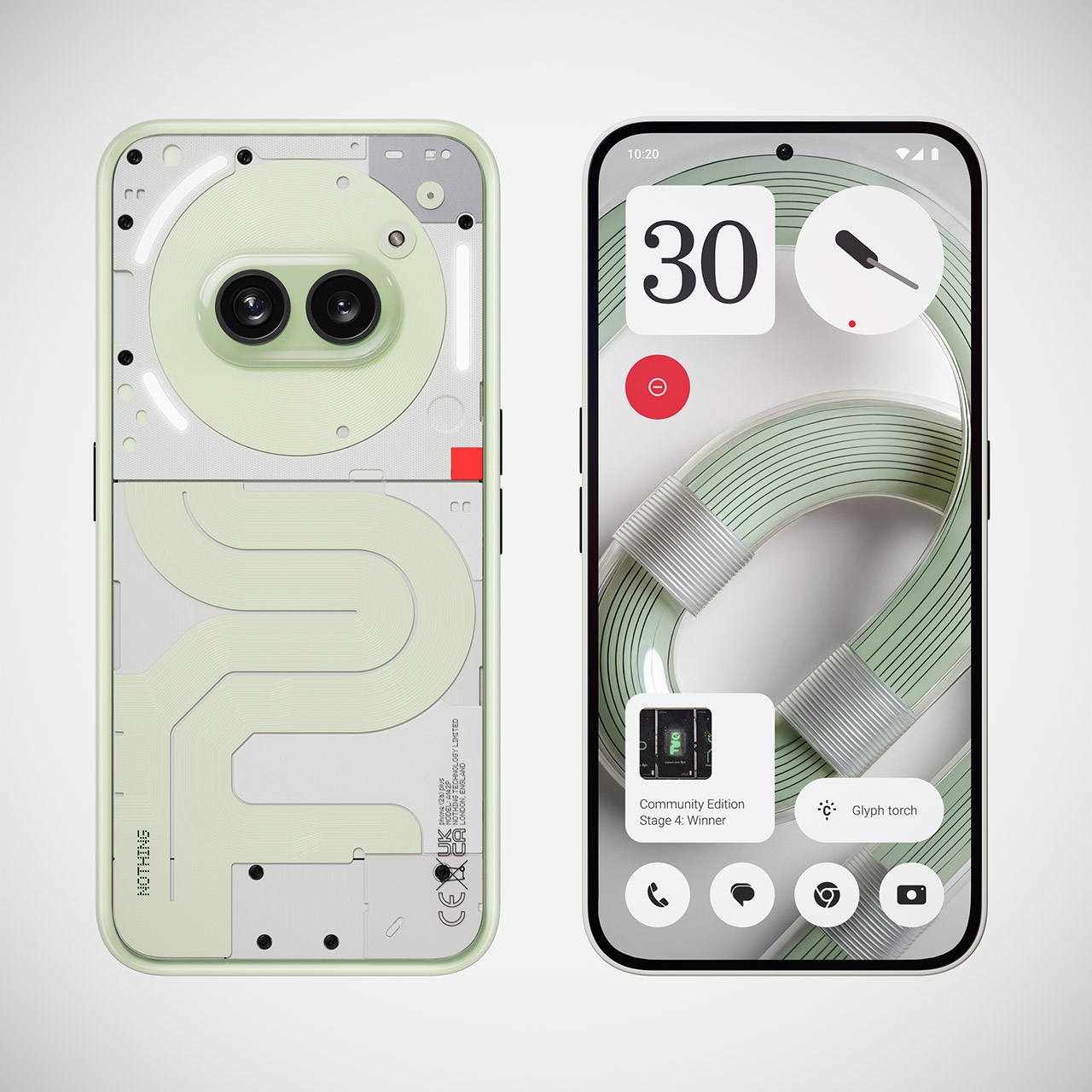The Nothing Phone (2a) Plus Community Edition is the latest smartphone from Nothing, incorporating designs submitted by the community — and it even glows in the dark.
Starting today, depending on your location, you can register for a chance to buy one.
However, registration does not guarantee purchase, as only 1,000 units will be available. Notably, the device will not be sold in North America, Taiwan, or Korea.
Nothing initially invited the community to participate in designing a product back in March. The contest unfolded in four stages: designing a new look, creating wallpapers, developing packaging, and crafting a marketing campaign.
Participants submitted their ideas, and the winners were selected in each stage. These winning entries shaped the final design of the Phone (2a) Plus Community Edition.
Those who participated in the event are prioritized for registration, though sales will still be on a first-come, first-served basis. Instructions on how to purchase one are included in this post.

Notably, residents of Malaysia, Singapore, Thailand, and the Philippines don’t need to register for the opportunity to purchase the phone.
Instead, they can buy it directly through Nothing’s official partners, though each country has only 25 units available.
Fans in Japan also have a chance to register, but they will receive a model based on the older Nothing Phone (2a) design.
In addition to online sales, fans in London and Delhi can visit a physical store to purchase the phone.
The Nothing Store in Soho will stock 50 units starting November 16. Those in Delhi will need to wait for the exact location announcement, with sales beginning there on November 23.
The Nothing Phone (2a) Plus Community Edition officially launches on November 12, priced at £399, roughly $430. It will come equipped with 12GB of RAM and 256GB of storage space.
